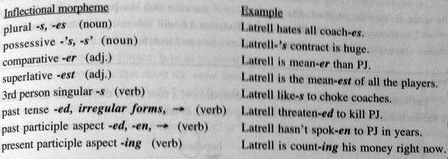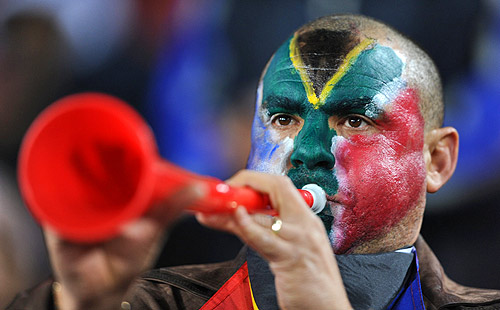From the AP wire…
ARLINGTON, Texas (AP)—So what that the Texas Rangers won their only game this season against Detroit Tigers ace Justin Verlander.
This sentence tripped me up in a couple of different ways. First, I initially had trouble parsing the subordinate clause, "the Texas Rangers won their only game this season against Detroit Tigers ace Justin Verlander." Now, obviously it doesn't mean that the only game this season that the Rangers won was against Verlander. For a little while, I thought it was a muddled way to say that the only game this season that the Rangers won against the Tigers was against Verlander. Eventually, I got it: the only game in which the Rangers faced Verlander this season was a game that the Rangers won. In other words, it's:
the Texas Rangers [won [their only game this season against Detroit Tigers ace Justin Verlander]]
not:
the Texas Rangers [won [their only game this season] [against Detroit Tigers ace Justin Verlander]]
Now that's settled. But what about the introductory "So what that…"? Shouldn't it be "So what if…"?
Read the rest of this entry »

